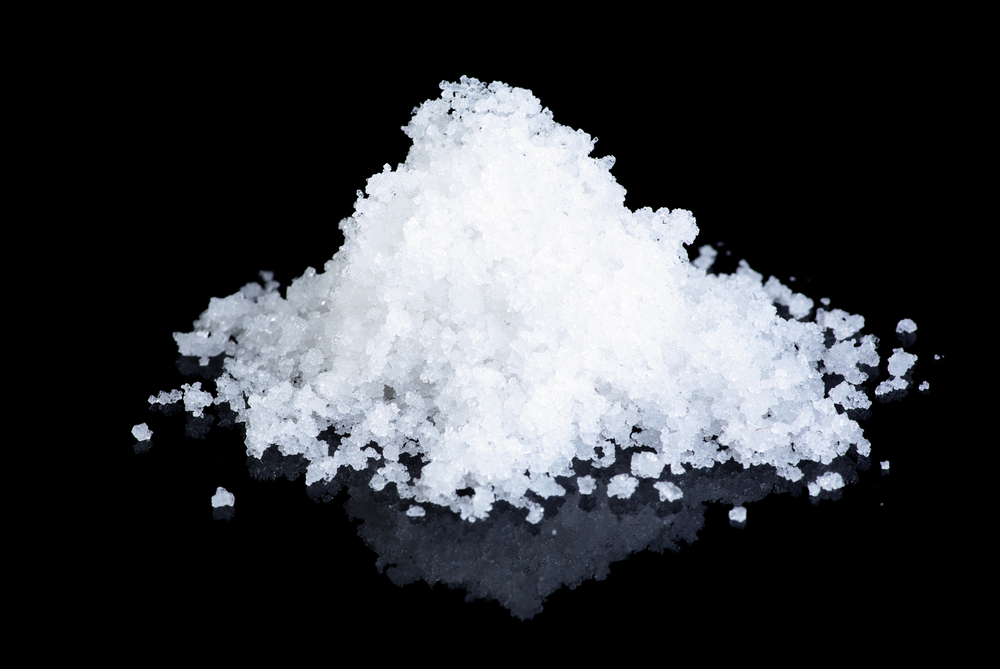What Is Kosher Salt?

Get the world’s most fascinating discoveries delivered straight to your inbox.
You are now subscribed
Your newsletter sign-up was successful
Want to add more newsletters?

Delivered Daily
Daily Newsletter
Sign up for the latest discoveries, groundbreaking research and fascinating breakthroughs that impact you and the wider world direct to your inbox.

Once a week
Life's Little Mysteries
Feed your curiosity with an exclusive mystery every week, solved with science and delivered direct to your inbox before it's seen anywhere else.

Once a week
How It Works
Sign up to our free science & technology newsletter for your weekly fix of fascinating articles, quick quizzes, amazing images, and more

Delivered daily
Space.com Newsletter
Breaking space news, the latest updates on rocket launches, skywatching events and more!

Once a month
Watch This Space
Sign up to our monthly entertainment newsletter to keep up with all our coverage of the latest sci-fi and space movies, tv shows, games and books.

Once a week
Night Sky This Week
Discover this week's must-see night sky events, moon phases, and stunning astrophotos. Sign up for our skywatching newsletter and explore the universe with us!
Join the club
Get full access to premium articles, exclusive features and a growing list of member rewards.
Named for its use in the process of koshering (or removing blood from meat) in accordance with Jewish dietary laws, kosher salt has a large grain size and lower sodium content than most common table salts. The coarse grain of this salt is ideally suited to the koshering process because it covers a large surface area without being fully absorbed into the meat.
Despite its name, kosher salt is not inherently a kosher product (though many brands of kosher salt are also certified kosher). It's popular with kosher-keeping and non-kosher-keeping cooks alike for a variety of reasons. Unlike common table salt, kosher salt does not contain iodine, which many cooks believe lends a bitter, metallic flavor to salty dishes. Kosher salt is also typically free of other additives, such as anti-caking or anti-lumping agents, making it a purer source of sodium.
Many cooks prefer to use kosher salt because of its texture as well. The coarse flakes of this salt are less likely to stick to a chef's fingers than are the tiny grains of table salt, making it easier to add just a pinch of kosher salt to a dish. And kosher salt's large, flakey grains contain about half the sodium content of table salt, which lends the foods it is used in a light crunch and a more subtle salty flavor.
Follow Elizabeth Palermo on Twitter @techEpalermo, Facebook or Google+. Follow LiveScience @livescience. We're also on Facebook & Google+.
Get the world’s most fascinating discoveries delivered straight to your inbox.
 Live Science Plus
Live Science Plus










